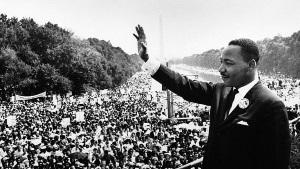Wes Foster lives in Orlando, Florida, where he and his wife, Denisse, serve as InterVarsity staff at the University of Central Florida. Wes and Denisse often have way too many people in their two-bedroom townhome, but that’s the way they like it. You are welcome to stop by anytime.
Blog Categories:







Comments
Beautifully written! Thank
Great blog, Wes! Thanks for
Nice job, son.
Add new comment